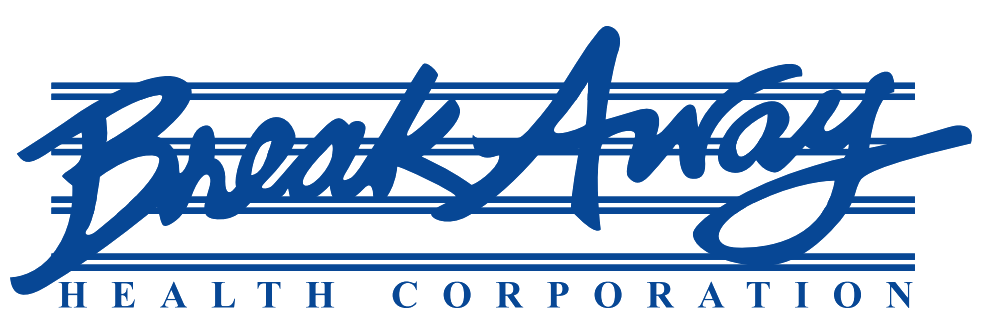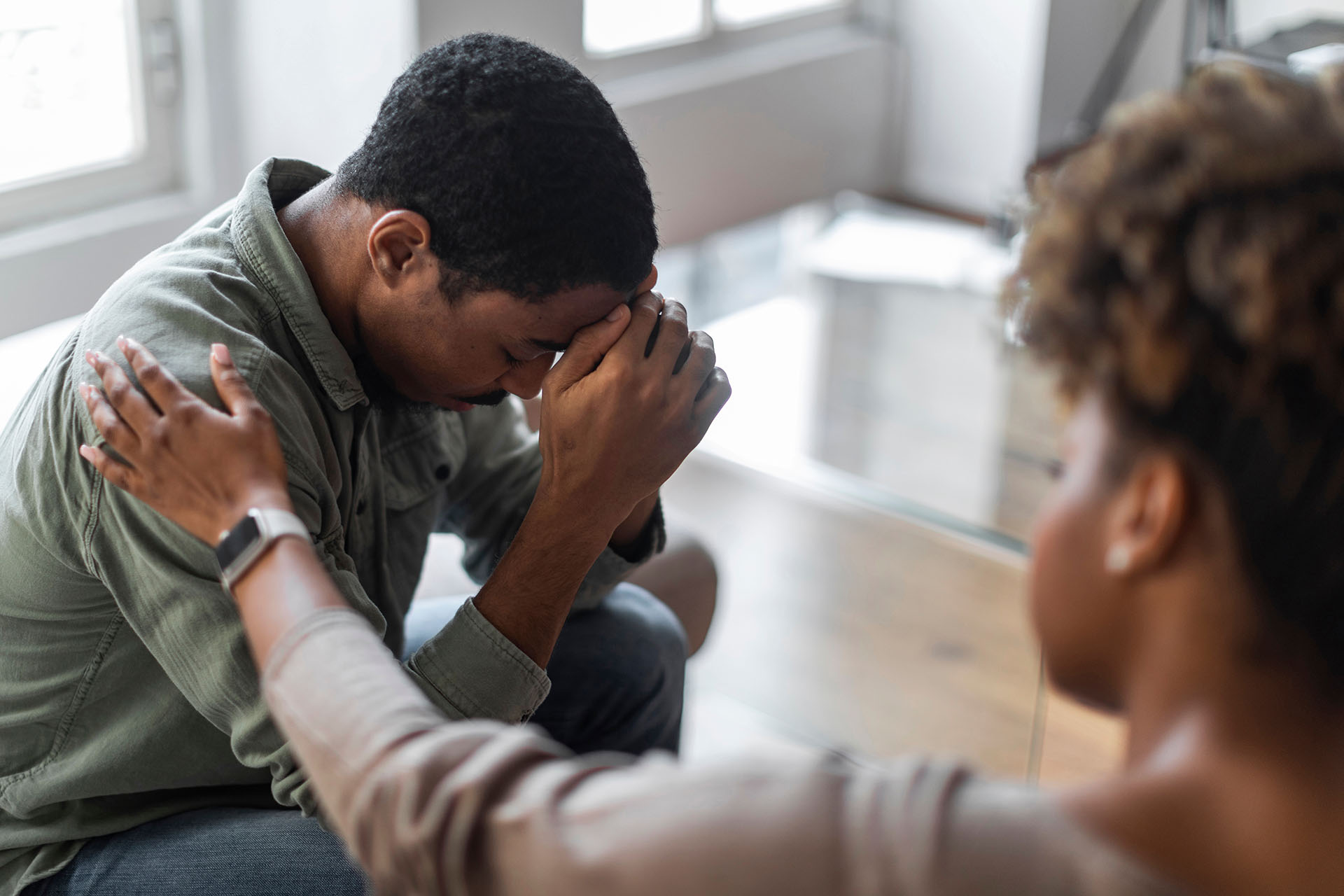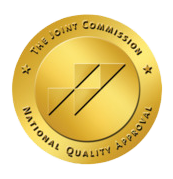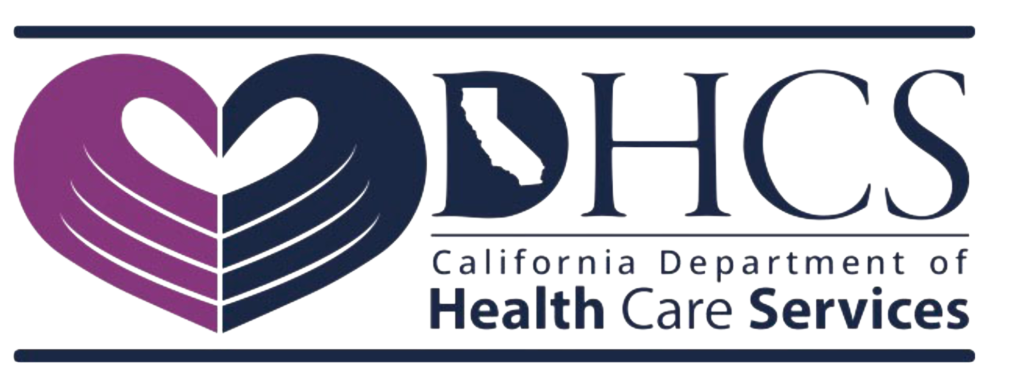Ready, Set, Recover: What You Should Know First
If you or someone you love is dealing with addiction, the thought of recovery can bring uncertainty and hesitation. Questions swirl: What happens next? Will life get better? Can healing really begin? These concerns are common and valid. Addiction affects lives in many ways, but recovery care provides a real chance to break free. With effective treatment, people rediscover control, rebuild trust, and create new ways of living that are healthier and more stable. Whether you’re seeking help for yourself or supporting someone else, recovery at Breakaway Health brings clarity and encouragement. Recovery may be unfamiliar, but you don’t have to face it alone.
The First Step: Admitting You Need Help
Addiction treatment starts with recognition. Being honest and accepting that you have a problem and you need to get help represents the initial, though sometimes challenging, step into the road towards healing. Perhaps provoked by an internal struggle, someone close telling you so, or a catastrophic incident; such moments initiate a sequence of steps toward recovery.
Once an individual makes a call for help, the initial step towards recovery care typically involves clinical assessment. Clinical assessment involves medical professionals evaluating an individual’s mental health, history of drug and alcohol use, and physical condition. Clinical assessment seeks to guide a plan of care on the basis of the individual’s individual needs.
Early parts of care include:
- Detox or medically supervised withdrawal, if needed
- One-on-one meetings with addiction counselors
- Conversations about personal goals and support systems
- Introduction to treatment schedules and facility guidelines
- Development of a support network including peers and professionals
- Initial steps in setting healthy routines and daily habits
The start of treatment is often emotional but it is also where hope takes root.
Stages of Recovery: What Happens Next?
What are the stages of recovery?
Most programs divide recovery into four core stages:
1. Treatment Initiation
This is when someone enters rehab or outpatient care. You’ll get oriented to daily structure, rules, and support staff. During this time, emotions may feel raw. It’s normal to feel overwhelmed, but daily routines and therapy sessions provide stability.
2. Early Abstinence
Here, the focus shifts to staying substance-free and learning practical ways to cope with cravings and everyday stress. During this stage, people begin to explore the emotional and environmental triggers that once led to substance use such as:
- Social pressure from friends or environments where substance use was common
- Unresolved trauma, including past emotional or physical harm
- Conflict at home, such as family tension or lack of support
In counseling sessions, clients work through these triggers:
- Learning how to identify emotional reactions
- Developing healthier responses to stressors
- Making thoughtful, lasting changes to daily behaviors
People start practicing healthier habits, such as mindfulness techniques, journaling, and communication skills, which not only support sobriety but also improve their overall sense of well-being. This period marks a crucial transition from simply getting clean to actively building a new way of living.
3. Maintaining Abstinence
As physical dependence fades, mental and emotional healing takes center stage. Recovery care during this period shifts to help individuals strengthen their internal resilience and build a more stable life. Participants engage in:
- Group therapy sessions that foster connection and shared healing
- Relapse prevention planning that focuses on managing stress, triggers, and cravings
- Continued support from therapists, case managers, and peers
In this phase, people often begin:
- Rebuilding broken relationships with loved ones through improved communication and trust
- Returning to work or exploring new educational goals
- Creating a consistent daily routine that promotes accountability and wellness
- Reinforcing the coping tools they’ve learned in earlier stages of recovery
This stage is about applying what has been learned in real-life settings, while staying grounded in ongoing recovery care and support.
4. Advanced Recovery
Recovery ultimately becomes a way of life. Here, people generally take what they’ve learned and give back in positive ways. That can be mentoring a new person in recovery, giving a message at support group meetings, or volunteering in the community. Building healthy, strong relationships is another main area of focus, as people find themselves around people who encourage their growth and hold them accountable.
Personal development isn’t done yet. Some people remain in therapy, experiment with new behaviors, or pursue dreams that seemed out of the question before. Staying in the game is more about continuing to be conscious of triggers, continuing to develop coping skills, and taking ownership of emotional health. This stage isn’t so much about staying sober as it is creating a life that feels good instead of a life controlled by substances.
Daily Life in Treatment
Wondering what to expect from addiction recovery care? It’s not all therapy sessions and group meetings. Treatment offers structure, but it also introduces space for personal reflection, movement, and even creative expression.
A typical day may include:
- Morning meditation or grounding exercises
- Individual counseling
- Psychoeducation groups on addiction and mental health
- Healthy meals and nutrition guidance
- Art, fitness, or mindfulness activities
- Evening check-ins or recovery planning
There are good days and tough days, but recovery care aims to help you face each one with growing confidence.
Why Self Care is Important in Addiction Recovery?
Self care isn’t a luxury; it’s a foundation of recovery. Many people entering treatment have lost touch with how to take care of themselves. Rest, nutrition, hygiene, and emotional regulation are essential to lasting progress.
Self care lies in the way it strengthens your ability to manage stress and prevent relapse. Simple daily habits, like getting enough sleep or learning to say “no” to toxic influences, builds resilience.
Over time, you learn how to:
- Identify your limits and protect your energy
- Practice techniques to manage anxiety or frustration
- Replace self-criticism with self-compassion
This stage teaches you that healing isn’t just about quitting substances; it’s about treating yourself with dignity and care. That means making choices every day that honor your health such as getting enough rest, eating nourishing foods, setting personal boundaries, and creating space for moments of peace. It’s about learning to forgive yourself, building confidence in your own voice, and allowing yourself to grow in ways that feel meaningful. Recovery is not just a matter of what you’re leaving behind, but the life you’re building: one full of care, intention, and self-respect.
Aftercare and Long-Term Support
Recovery doesn’t end when treatment does. Planning for the future is critical. This is where aftercare services come in. These can include:
- Outpatient therapy
- Alumni programs
- Peer support meetings (like AA or NA)
- Sober living options
Ongoing support helps maintain the progress made in recovery. Relapses can happen but with a strong network and healthy coping strategies, they become learning moments rather than setbacks.
When creating a long-term recovery lifestyle, expectations should include continued effort, regular check-ins with support systems, and a commitment to wellness in all parts of life: mental, physical, and emotional.
Your Life Can Change, Starting Now
Addiction may feel like it has taken control, but recovery care offers a way forward. You now know what to expect from addiction recovery care, from the early stages of treatment to long-term self care. The path is never perfect—but it is possible, real, and worth it.
For personalized addiction recovery support in Costa Mesa, contact Breakaway Health today! Healing begins with a single decision.
Frequently Asked Questions
1. What are the stages of recovery?
The stages include treatment initiation, early abstinence, maintaining abstinence, and advanced recovery—each with unique goals and challenges.
2. What should I expect in addiction recovery care?
Expect structure, therapy, peer support, and opportunities to relearn life skills—all within a supportive, nonjudgmental environment.
3. Why is self care important in addiction recovery?
Self care helps prevent relapse by improving emotional balance, reducing stress, and promoting physical and mental wellness.
4. How long does addiction recovery take?
The timeline varies. Some people spend 30 to 90 days in treatment, but recovery is a lifelong commitment to healthier living.
5. Will I be supported after rehab ends?
Yes. Aftercare services like outpatient therapy and support groups help people stay connected and focused on long-term recovery.







